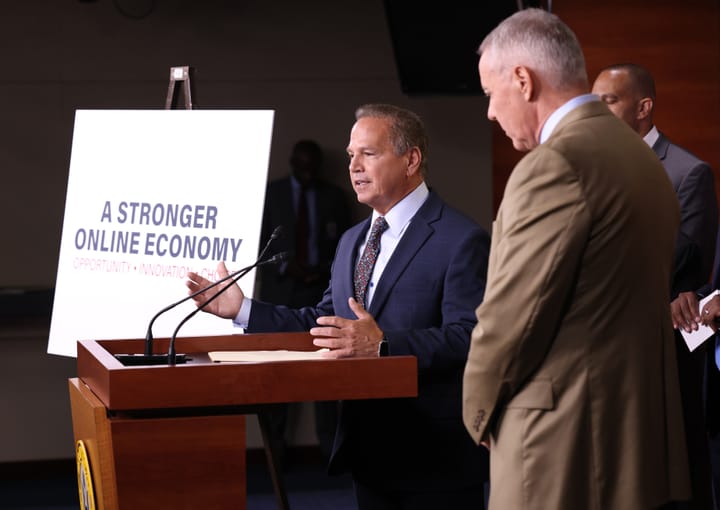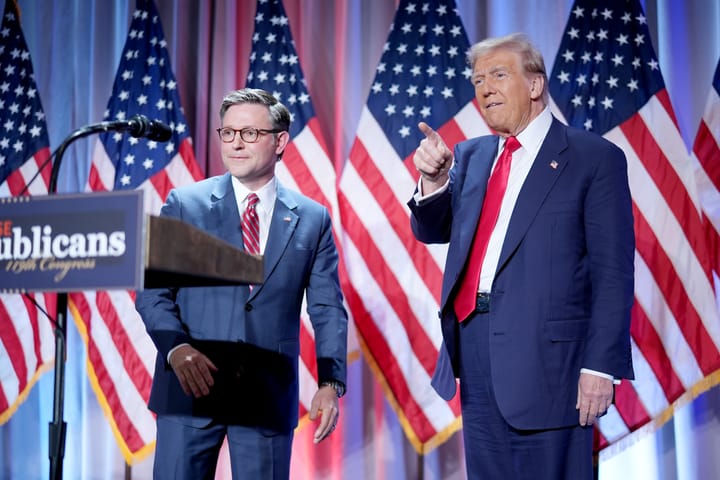On Feb. 3, the Senate Judiciary Committee passed its second tech antitrust bill in as many months, part of the upper chamber’s efforts to address anti-competitive practices among big technology companies. The bipartisan Open Markets App Act (S. 2710) would focus on companies that run app stores with more than 50 million users in the U.S.—especially Apple and Google—and limit their market power, for example by allowing third-party apps to be installed without needing to use the app store, among other provisions. The bill was recently placed on the Senate Legislative Calendar.
Last month, the Senate Judiciary Committee advanced another tech antitrust bill by a vote of 16-6, with all 11 of the panel’s Democrats and five Republicans in favor. The American Innovation and Choice Online Act (S. 2992), sponsored by Antitrust Subcommittee Chair Sen. Amy Klobuchar (D-Minn.) and full committee ranking member Sen. Chuck Grassley (R-Iowa), would curb the practice of large tech companies like Amazon, Apple, and Google favoring their own products on their platforms.
House Democrats are developing a stronger antitrust package, passing six bills last summer out of the Judiciary Committee, including one, the Ending Platform Monopolies Act (H.R. 3825), by a narrow vote of 21-20. That bill, sponsored by Rep. Pramila Jayapal of Washington, would allow federal regulators to sue to break up tech giants that sell their own offerings on a dominant platform they own. Tech industry lobbyists went into what was called a “full-court press” against the package and have kept up efforts this year to block the Senate bills from advancing.
Tech industry observers have noted the considerable bipartisan support for reforms, with conservative senators Ted Cruz and Josh Hawley voting in favor of the Klobuchar-Grassley bill. But it’s unlikely the Republican leaders of the House or Senate would make antitrust a priority if they retake either chamber in the midterm elections—meaning the calendar for the bills to become law is likely becoming tight. The heads of Apple and Google recently met with Sen. Chris Coons (D-Del.), who chairs the Subcommittee on Privacy, Technology, and the Law, and retiring Sen. Pat Leahy (D-Vt.), who chairs the Subcommittee on Intellectual Property, reportedly has concerns over privacy issues.



